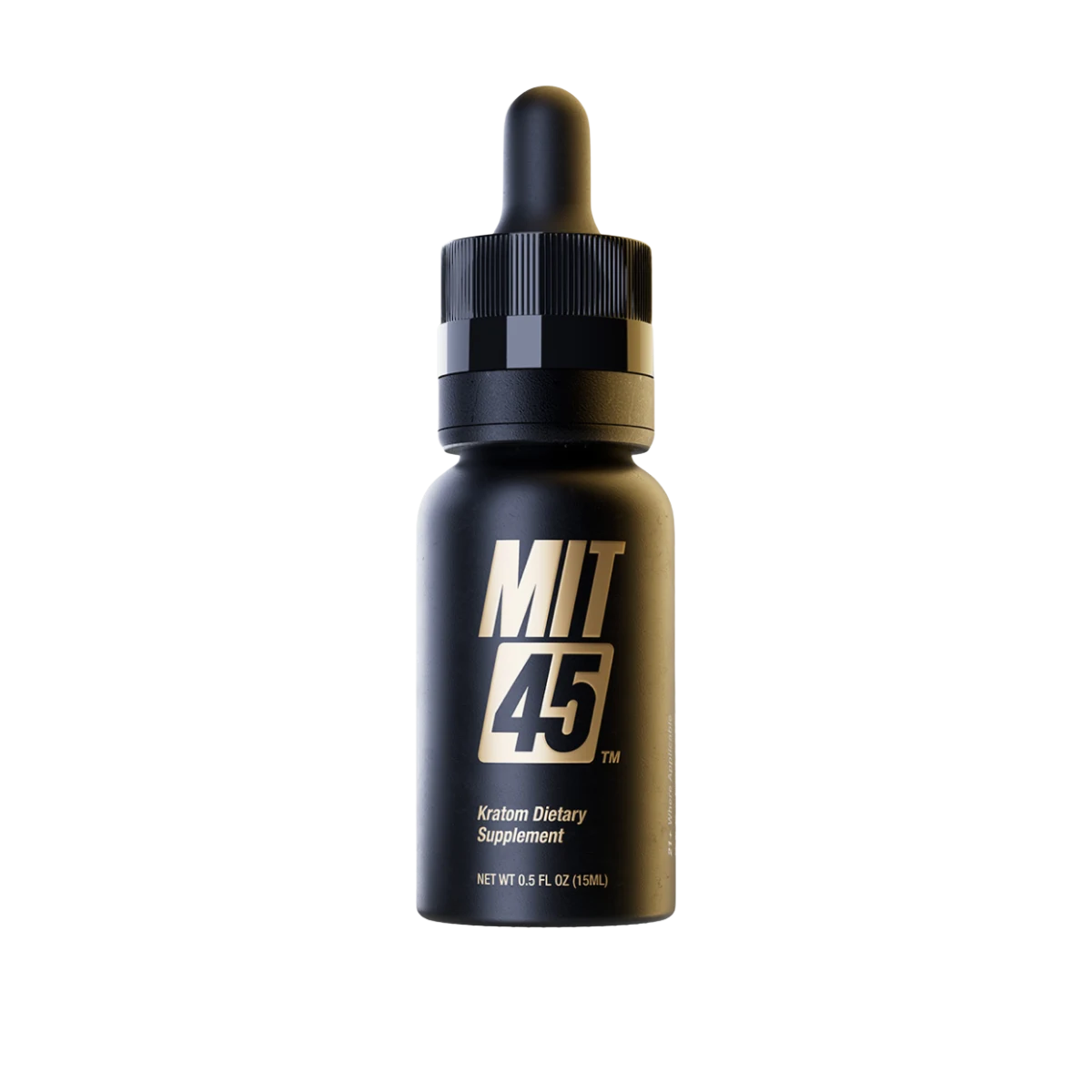1. What is Kava?
Kava is a beverage from the Pacific Islands, made from the crushed roots of the Piper methysticum plant found throughout the South Pacific. Typically, mature plants aged 3 to 5 years or older are used to make Kava.
2. What are the active compounds in Kava?
Kavalactones are the active compounds found in Kava, which are responsible for its potential effects.
3. Is Kava legal?
Yes, Kava is legal in the US and is not classified as a controlled substance by the authorities. However, some states have put restrictions on their sales, particularly traditional Kava. The laws are ever-evolving; therefore, staying updated on the same will help you follow the rules diligently.
4. What does Kava feel like?
A traditional Kava has an earthy and bitter taste, which some might even feel resembles muddy water. However, instant Kava may come in varied flavors that mask the original flavor of Kava, offering you a fun and palatable way to enjoy this beverage.
5. What does Kava make you feel?
Kava might make you feel relaxed [1], and you may feel relief from anxiety [2] and experience a mood boost [3]. However, these effects vary from person to person based on factors like serving amount, body weight, and metabolism.
6. How long does Kava take to kick in?
The traditional Kava usually onset within 10 to 30 minutes, while more potent Shots of instant Kava can take up to 30 to 60 minutes.
7. How long do Kava effects last?
The Kava effects can last somewhere between 2 and 4 hours. However, this may vary depending on your intake, body weight, metabolism, and how frequently you use Kava.
8. Does Kava get you high?
Kava in moderation cannot make you high. However, high servings may make you feel sedated or euphoric, which is not the same as the high you get from a recreational drug.
9. How is Kava consumed?
The most common way to consume Kava is in the form of tea. You can brew Kava using hot water.
10. What are the cultural uses of Kava?
Kava is a deeply rooted ceremonial drink in Fiji, Tonga, Samoa, and Vanuatu. It plays an important role in rituals surrounding coronations, funerals, childbirth, and many community gatherings. Sharing Kava is seen as a gesture of respect, unity, and gratitude across these Pacific cultures.
12. Does Vanuatu export only ‘noble’ Kava?
Yes, Vanuatu exclusively exports noble strains of Kava. The country has strict regulations on Kava exports and is home to an impressive 30 to 70 different noble varieties.
13. Is Kava safe?
Kava is generally considered safe if bought from a reputable vendor and used as recommended. However, it can be addictive. Consult a medical practitioner before using and make an informed decision.
14. What are the side effects of Kava?
Kava may cause an upset stomach, nausea, headaches, dizziness, and other such issues [4]. And if taken in higher amounts than recommended, it can cause liver injury, seizures, heart problems, and vision impairment [5].
15. Can Kava help decrease anxiety disorders?
Yes, as per this PubMed research, Kava appears to be effective in decreasing anxiety disorders.
16. Is Kava effective in stress-induced insomnia cases?
Yes, according to this PubMed research paper, Kava can aid in treating stress-induced insomnia.
17. Does Kava help with PMS?
Yes, Kava might help you manage symptoms of Premenstrual Syndrome (PMS) [6] and help you control your mood swings during that time of the month.
11. What is ‘noble’ kava?
Noble Kava refers to traditional, high-quality Kava varieties recognized in the South Pacific for their safe and desirable balance of Kavalactones. These strains, often heirloom types passed down through generations, are grown in ideal conditions and harvested at full maturity, typically after 3 to 5 years, to deliver a smooth, enjoyable Kava experience.
18. Kava vs. Alcohol: Which one is worse for your liver?
Excessive alcohol consumption is a leading cause of liver damage worldwide. Kava, by comparison, has only been linked to liver issues in rare and isolated cases. Moderate and responsible use of either substance is recommended, especially for individuals with underlying liver conditions.
19. Does Kava affect blood pressure?
Yes, Kava might affect blood pressure [7]. However, individual responses can vary depending on factors such as weight, health conditions, metabolism, and consumption patterns.
20. Is there a difference between Kava and Kava Kava?
No, they are the same. Kava Kava is a more popular name used for marketing purposes in Western countries, but the locals in the Pacific islands stick to saying just Kava.
21. Do you have to be 21 to have Kava?
No, as such, there are no federal laws in the US that have set a legal age for consuming Kava. However, many vendors or even Kava bars have set an age restriction, often requiring buyers to be 18+ or 21+ years of age.
22. Is Kava like Kratom?
Kava and Kratom are both plant-based, but they are different from one another. Kava’s active compounds are Kavalactones, and Kratom’s are Mitragynine. Kava is available in pre-measured format, and Kratom in many other types. While Kratom is regulated in many parts of the US, Kava is legal in all of the US.
23. Can you mix Kava with alcohol?
No, you shouldn’t mix Kava with alcohol. Doing so can increase sedation and may put extra strain on your liver.
24. How long can Kava stay in your system?
The Kavalactones may take effect for you within 2-3 hours; however, they may be detectable in your system for up to 48 hours. This may vary based on factors like consumption, hydration levels, and the overall health of an individual.
25. Does Kava show up on a drug test?
Standard drug tests do not detect Kava, and it’s generally not included in employment or probation screenings.
26. Is Kava safe for everyday consumption?
No, consuming Kava every day isn’t considered safe. It’s better to use it occasionally and take breaks to lower the risk of addiction and other side effects.
27. Can Kava be treated like a dietary supplement?
Yes, the FDA has categorized Kava as a dietary supplement.
28. Is it possible to mix Kava into other drinks?
Yes, it’s possible to mix Kava with water, milk, coconut water, juice, or any other non-alcoholic drink of your choice.
29. What does ‘Kava chaser’ mean?
Kava chasers are snacks, usually sweet or tangy fruits, savored to wash away Kava’s aftertaste.
30. Where can I buy Kava?
You can buy Kava online. For offline purchases, consider checking out health and wellness stores, specialty stores, gas stations, and Kava bars.
31. What are the customs and etiquette in a Kava ceremony?
Important customs and etiquette in a Kava ceremony include wearing modest clothes, sitting cross-legged, waiting your turn based on rank, clapping before and after you drink, and finishing the whole cup.
32. What greeting do Fijians use during a Kava ceremony?
Fijians say ‘Bula’ as a greeting during a Kava ceremony.
33. Is Kava suitable for breastfeeding mothers?
No, Kava isn’t suitable for breastfeeding mothers because it can have harmful effects.
34. How is Kava different from CBD?
Kava is a drink made from the roots of the Piper methysticum plant, while CBD is taken from the cannabis plant. They are prepared differently and offer unique benefits.
35. Is Kava available in any format other than drinks?
Yes, Kava is also available in Gummies/Edibles.
36. What are Kava Gummies?
Kava Gummies are infused with Kava, which are designed for a consistent, pre-measured, convenient, and delicious experience.
37. Are there different names for Kava?
Yes, Kava is also known as Ava, Kanna, Kawa Kawa, Kew, Sakau, Tonga, Yangona, and Cava.
38. Do you get a hangover from Kava?
No, Kava usually does not cause hangovers, unlike alcoholic drinks.
39. Who should avoid drinking Kava?
Kava is strictly prohibited for pregnant women, nursing mothers, and people with underlying health conditions.
40. Do the customs for the Kava ceremony change from one island to another?
Yes, Kava ceremony customs vary from one Pacific island to another.
41. How to spot Kava bars in your area?
You can spot Kava bars in your area by searching Google with terms like ‘Kava bar near me’ or ‘Kava bar in [your city].’ You can also check online resources like Yelp or join Kava communities on social media to discover local spots and get recommendations on the same.
42. Is Kava just a cold beverage?
Traditionally, in the Pacific Islands, Kava is prepared by mixing the root with cold water. However, in Western countries, it’s sometimes served warm, but it’s usually not brewed with high heat to preserve the potency of its Kavalactones.
43. Is Vanuatu Kava popular for its strong taste?
Yes, Vanuatu Kava is popular for having an earthy and naturally strong taste. Many users prefer drinking it immediately after it’s served. And some prefer to follow it with a chaser like coconut water.
44. What is an instant Kava?
Instant Kava is formulated by dehydrating traditional Kava juice into a fine powder that easily mixes with water. It’s available in various flavors and convenient sachets.
45. Do you need to strain instant Kava?
No, you don’t need to strain instant Kava. Unlike traditional Kava, it’s designed to dissolve easily in liquid for quick and convenient consumption.
46. What are the popular Kava drinks available?
The most popular Kava drinks are Traditional Kava, Kava Shots, Kava Drink Mixes, Kava Tea, and Seltzers.
47. Can Kava be addictive?
Heavy or long-term use of Kava can lead to dependence in some individuals, but it’s not considered physically addictive.
48. Is it okay to mix Kava and Kratom?
No, it’s not considered safe to mix Kava and Kratom. Using them together may increase sedation, which could lead to serious health risks [8].
49. Is Kava the same as Ashwagandha?
No, they are not the same. Ashwagandha is an herb harvested mainly in India and is often used to help manage stress. Kava, on the other hand, comes from the roots of a Pacific Island plant and works differently in the body.
50. Can you drink Kava while you are on medication?
If you’re on medication, do not take Kava without asking your doctor. Kava can interact with certain drugs and, in some cases, may increase the risk of side effects, including liver problems.




